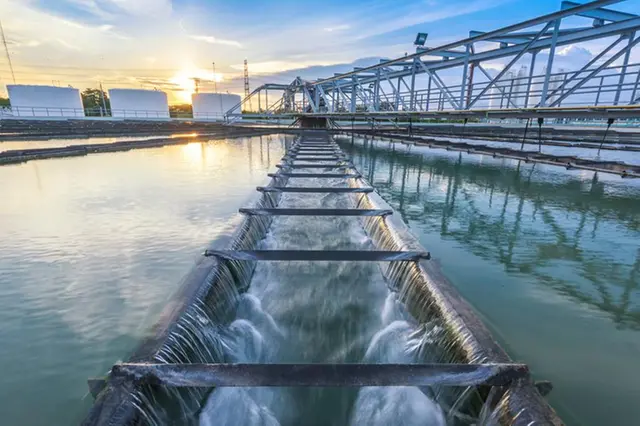Generation

Qatar advances sustainable desalination with innovative technologies

Doha, Qatar: Qatar is actively enhancing the sustainability of its desalination sector through the integration of advanced technologies and renewable energy sources. Guillermo Hijós, an expert in the water desalination sector and the Desalination Director for the Middle East and Oceania at the Water business of Acciona told The Peninsula that these initiatives aim to reduce energy consumption and minimise environmental impacts, ensuring a reliable and eco-friendly water supply for the nation.
In a significant move towards operational efficiency, the organisation has implemented its Maestro AI platform at Qatar’s Umm Al Houl plant, which has a capacity of more than 500,000 m³/day, while the Ras Abu Fontas 3 plant supplies 165,000 m³/day, thus obtaining ISO 50001 energy management system certification for the desalination plants.
Both plants, operated by the firm for Qatar General Electricity & Water Corporation (Kahramaa), have a drinking water supply capacity equivalent to 2.9 million inhabitants and have the largest capacity to date, consolidating its position as a key part of the country’s water supply system.
“Through these concerted efforts, Qatar is making significant strides towards a more sustainable and efficient desalination sector, balancing its water needs with environmental stewardship,” the market expert said.
Hijós mentioned that this marks the company’s first international certification of its kind, underscoring the dedication toward Qatar’s energy efficiency and sustainable practices in the operation of desalination facilities.
With the Middle East producing a substantial portion of the world’s brine, effective management strategies are crucial. Researchers emphasise the importance of integrating renewable energy, advanced technologies, and water conservation practices to mitigate the environmental impact of brine disposal.
Qatar is also investing in solar energy to power parts of its desalination operations. While still at an early stage, projects under the QNV 2030 aim to integrate solar photovoltaic systems with desalination units to reduce dependency on fossil fuels.
Additionally, the Qatar Environment and Energy Research Institute (QEERI) has developed a Multi-Effect Distillation (MED) pilot plant in Dukhan, demonstrating higher efficiency compared to conventional methods. This technology consumes merely 4.5 kWh/m³, significantly lower than the 12 kWh/m³ required by traditional thermal desalination processes, thus reducing both energy usage and operational costs.
“This achievement reflects our ongoing commitment to improving the energy performance of its facilities and implementing advanced technological solutions that enable more efficient and sustainable operations. Obtaining the internationally recognized ISO 50001 certification validates Acciona’s energy efficiency policies, as well as its ongoing efforts to achieve the highest standards in operational management,” Hijós added.
With this certification, it reinforces the leadership in Qatar’s water sector, consolidating its transition to a low-CO2 economy.












